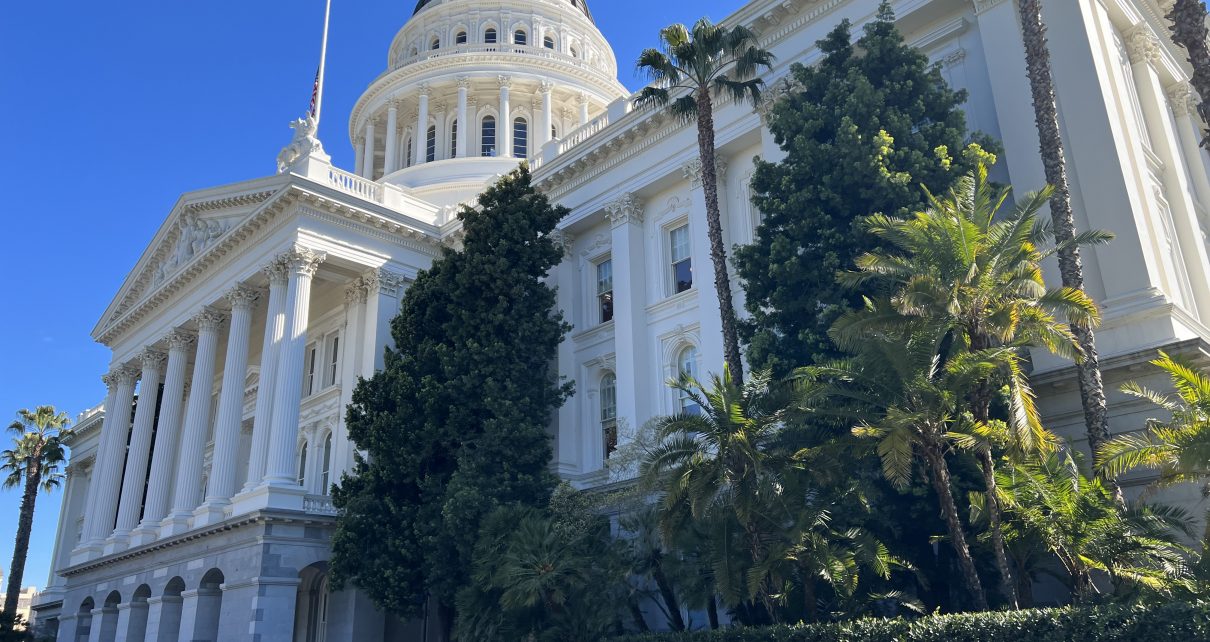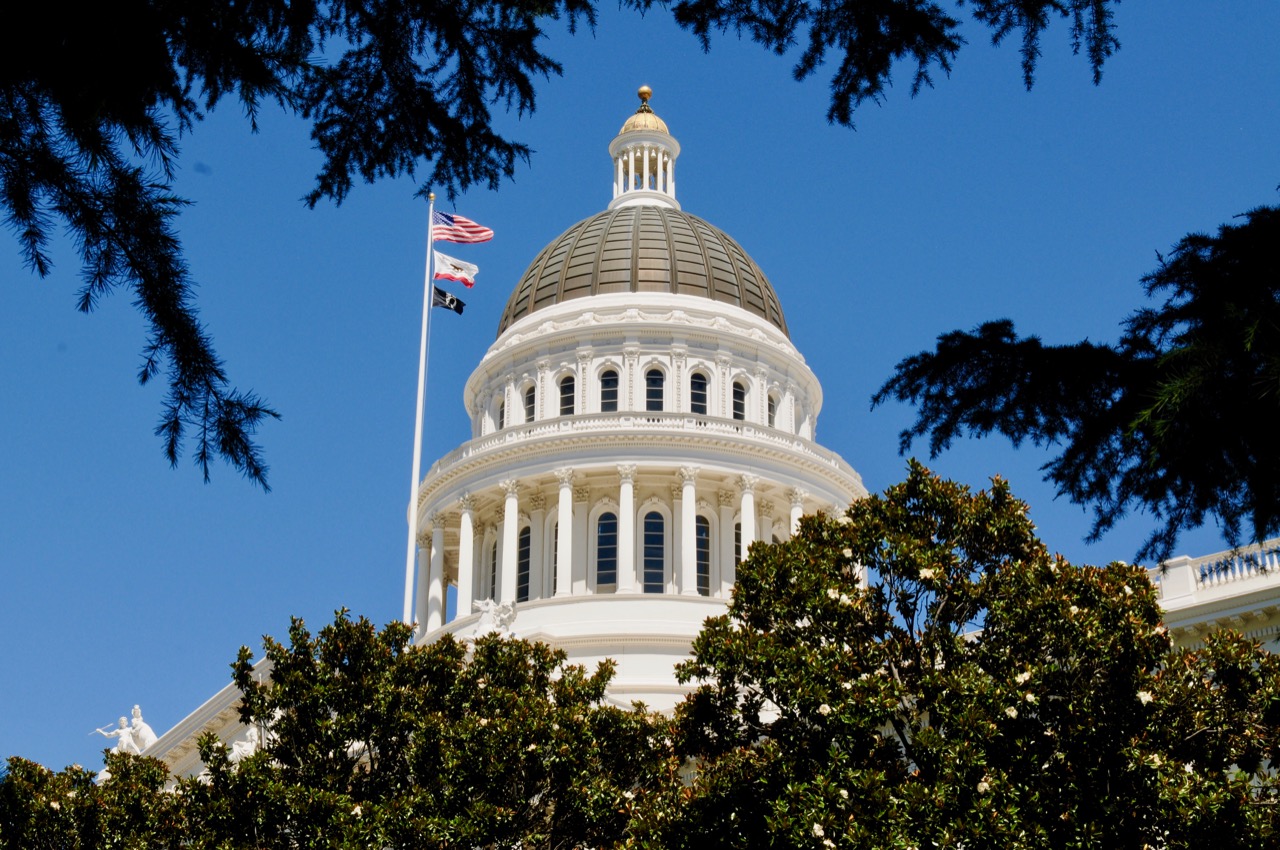
California State Capitol. (Photo: Kevin Sanders for California Globe).
Ex Parte Communications in Administrative Adjudications
This prohibition does not apply when communications are made on the record at the hearing
By Chris Micheli, November 5, 2024 1:00 pm
California’s Government Code, in Title 2, Division 3, Part 1, Chapter 4.5, Article 7, deals with ex parte communications in administrative adjudications in this state.
Section 11430.10 prohibits, while the proceeding is pending, any communication, direct or indirect, regarding any issue in the proceeding, to the presiding officer from an employee or representative of an agency that is a party or from an interested person outside the agency, without notice and opportunity for all parties to participate in the communication.
This prohibition does not apply when communications are made on the record at the hearing. A proceeding is pending from the issuance of the agency’s pleading, or from an application for an agency decision, whichever is earlier.
Section 11430.20 allows an otherwise prohibited communication in these two circumstances:
- The communication is required for disposition of an ex parte matter specifically authorized by statute.
- The communication concerns a matter of procedure or practice, including a request for a continuance, that is not in controversy.
Section 11430.30 allows an otherwise prohibited communication from an employee or representative of an agency that is a party to the presiding officer in any of three specified circumstances, including technical issues or seeking advice involving an issue in a proceeding of the San Francisco Bay Conservation and Development Commission, California Tahoe Regional Planning Agency, Delta Protection Commission, Water Resources Control Board, or a regional water quality control board.
Section 11430.40 state that, while the proceeding is pending but before serving as presiding officer, if a person receives a communication of a type that would be in violation of this article if received while serving as presiding officer, the person, promptly after starting to serve, must disclose the content of the communication on the record and give all parties an opportunity to address it.
Section 11430.50 states that, if a presiding officer receives a communication in violation of this article, the presiding officer is required to make all of the following a part of the record in the proceeding:
- If the communication is written, the writing and any written response of the presiding officer to the communication.
- If the communication is oral, a memorandum stating the substance of the communication, any response made by the presiding officer, and the identity of each person from whom the presiding officer received the communication.
Thereafter, the presiding officer must notify all parties that a communication described in this section has been made a part of the record. A party can request an opportunity to address the communication within 10 days after receipt of notice of the communication.
Section 11430.60 provides that receipt by the presiding officer of a communication in violation of this article may be grounds for disqualification of the presiding officer.
Section 11430.70 states that the provisions of this article governing ex parte communications to the presiding officer also govern ex parte communications in an adjudicative proceeding to the agency head or other person or body to which the power to hear or decide in the proceeding is delegated. There are two specified exceptions for individualized ratemaking proceedings and applications for site certifications.
Section 11430.80 prohibits any communication, direct or indirect, while a proceeding is pending regarding the merits of any issue in the proceeding, between the presiding officer and the agency head or other person or body to which the power to hear or decide in the proceeding is delegated. However, this section does not apply where the agency head or other person or body to which the power to hear or decide in the proceeding is delegated serves as both presiding officer and agency head, or where the presiding officer does not issue a decision in the proceeding.
- This Is an Interesting Limit on Rulemaking Power - February 23, 2026
- Miscellaneous Civil Action Proceedings - February 23, 2026
- Probate Code Could Be a Basis for Statutory Interpretation Principles - February 22, 2026




